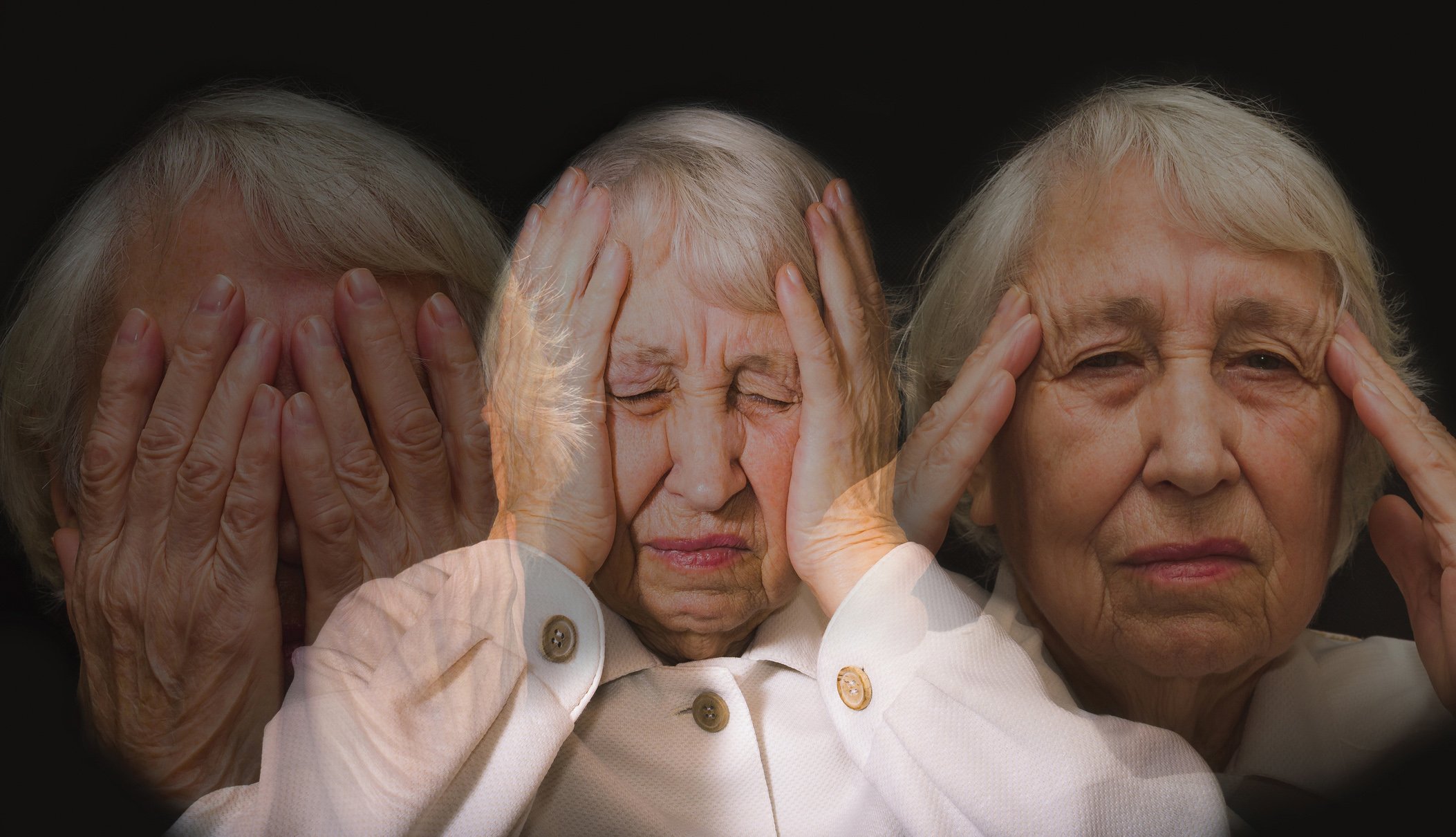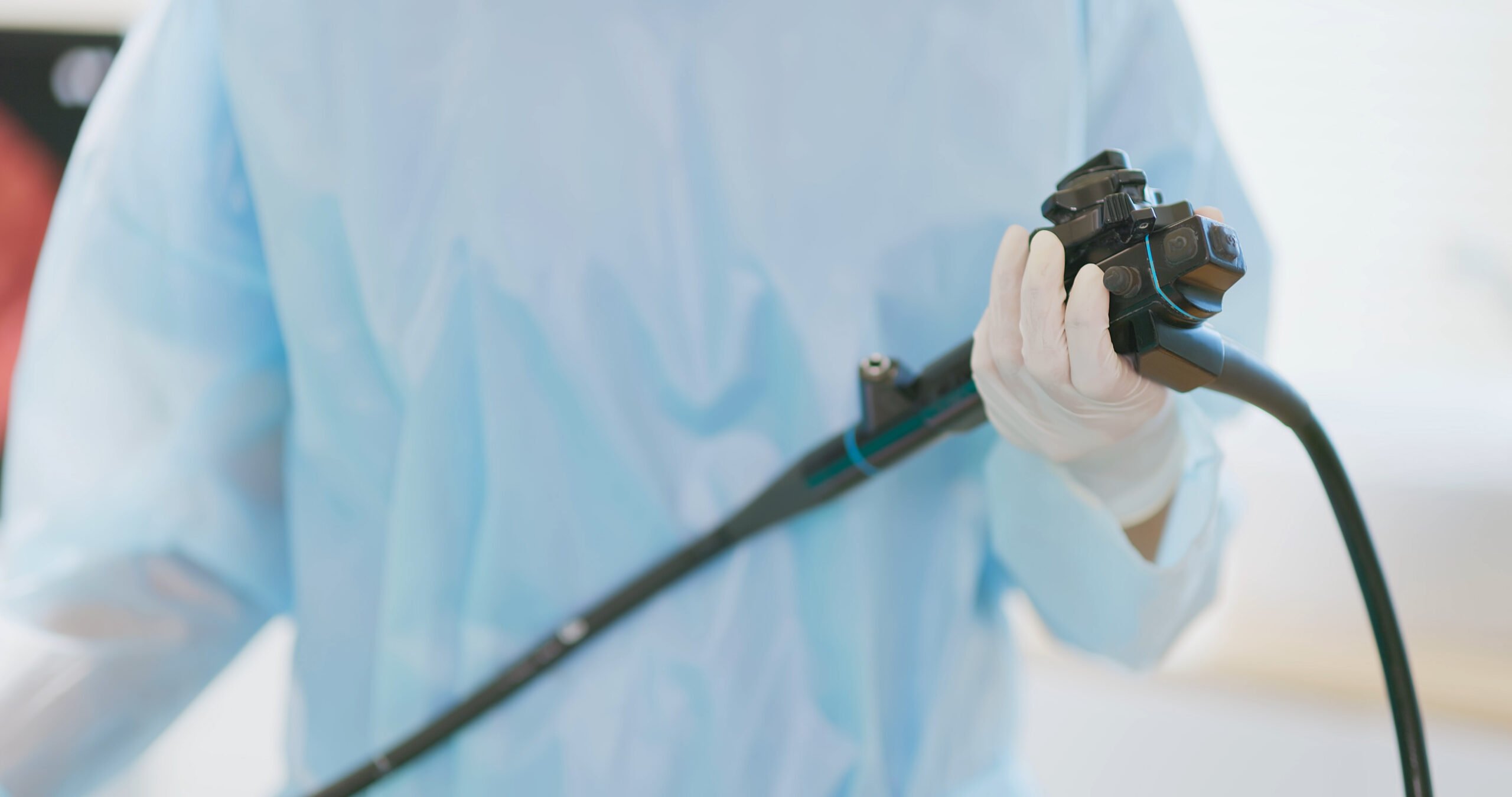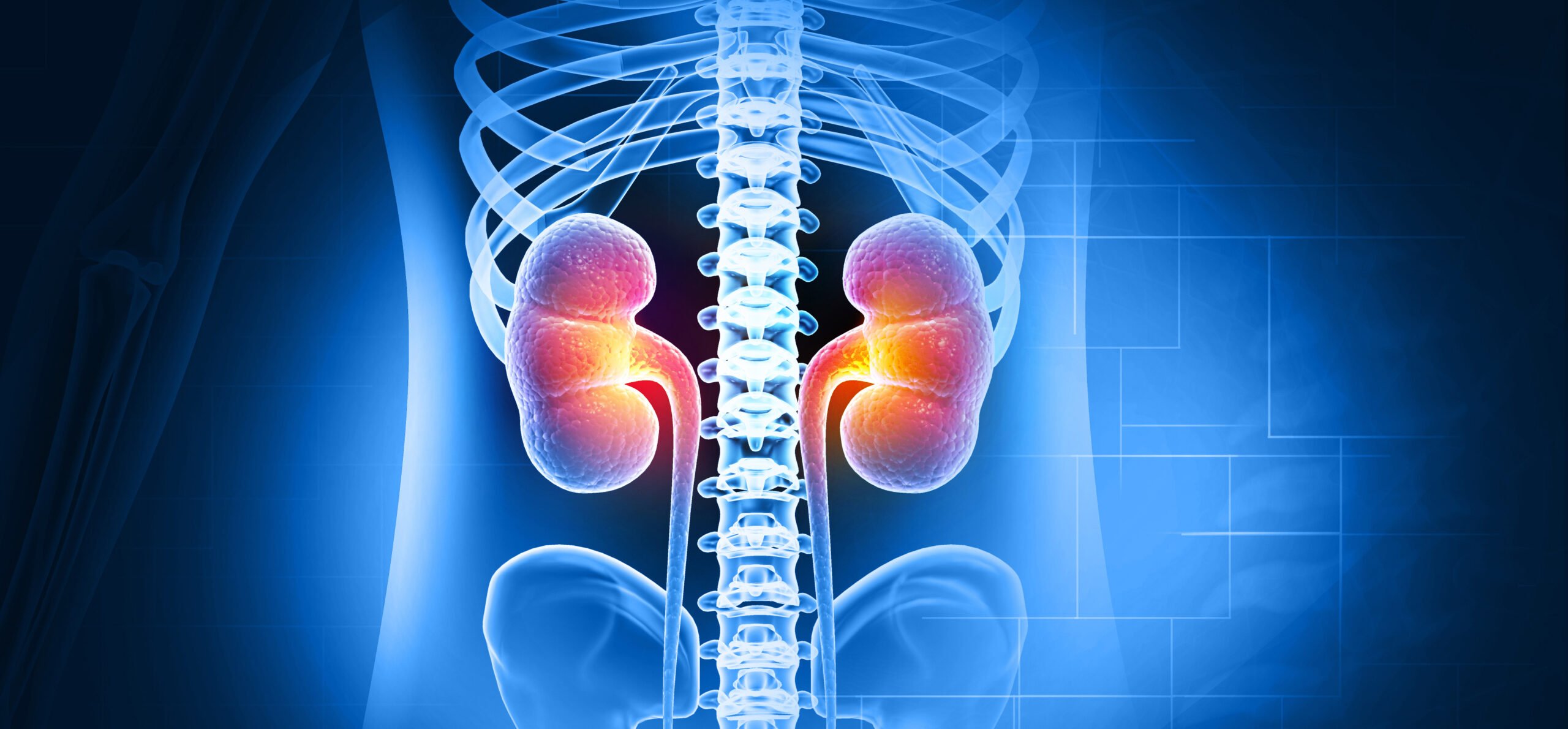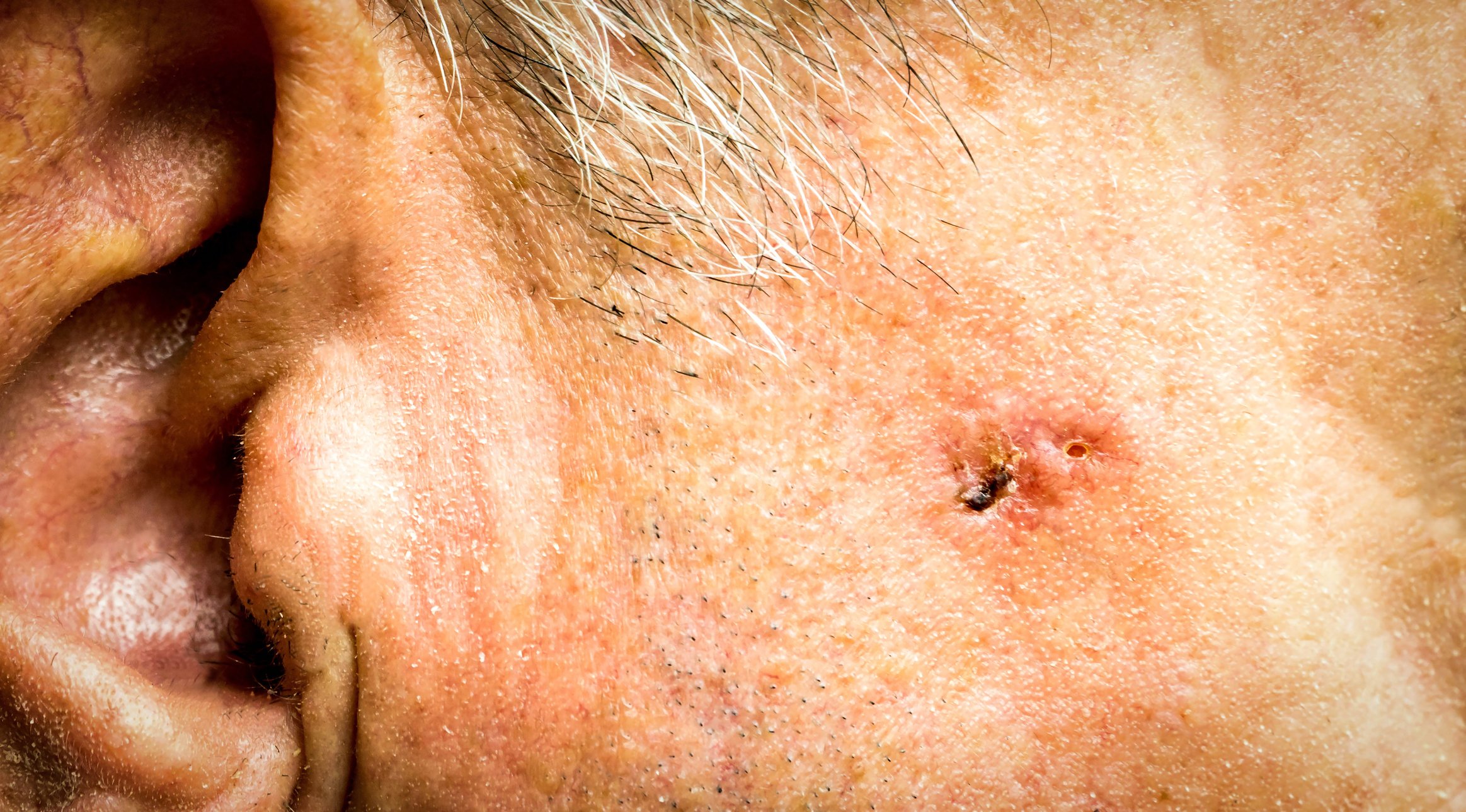Disturbances of the sleep-wake rhythm can manifest themselves in a variety of ways and greatly affect daytime activities. The causes can be as varied as the manifestations. In order to be able to determine the individually suitable treatment regime, a precise medical history and an exact assessment of the problem are required. Then, measures such as improving stroke hygiene, behavioral therapies, and drug interventions can be comprehensively effective.
Not all sleep disorders are the same. The international classification of sleep disorders distinguishes more than 80 different forms. The sleep-wake rhythm is subject to a circadian process that is controlled by both external events and an internal rhythm. Basically, a distinction can be made between short and long sleepers as well as evening and morning types. On average, the Swiss population sleeps 7-8 hours on working days and 8-9 hours on days off. Most of them go to bed around 11:00 p.m. and get up again at around 6:30 a.m. On non-working days, the times shift to 11:45 pm and 8:00 am. In order to detect a disturbance of the sleep-wake rhythm, a determination of the evening melatonin increase in saliva can be informative. This procedure is still experimental and therefore not reimbursable, but quite informative, said Helen Slawik, MD, Basel. This is because the amount of nocturnal melatonin is highly variable interindividually but quite stable intraindividually. In the meantime, a threshold value of 3 pg/ml has become established.
If the individual sleep rhythm deviates from the desired rhythm, delayed sleep phase syndrome, predisplaced sleep phase syndrome, jet lag, or shift worker syndrome, among others, may be present. Since the latter can often progress to insomnia, it should be treated primarily with chronotherapy. The use of hypnotics can be considered, as can modafinil, although this would correspond to an off-label use, she said. In addition, double loading should be avoided and a forward rotating shift system should be preferred. If secondary diseases occur – which is the case after about 10 years of shift work and can manifest itself in metabolic syndrome and cardiovascular diseases – shift work must be terminated immediately.
Treat insomnia effectively
Insomnia is said to occur when there is a disturbance of falling asleep or staying asleep, early waking and unrestful sleep with daytime impairment at least three times a week for at least four weeks. Behavioral treatment should be initiated as first-line therapy. This includes sleep education and the “10 golden rules” of sleep hygiene (Table 1) , as well as stimulus control, sleep restriction, relaxation procedures, and cognitive techniques. The advantage lies in the promotion of self-efficacy. Disadvantage is the low availability and dependence on the therapist relationship and motivation for change. Accordingly, the reality is also somewhat different: as a rule, insomnia patients are treated with drug interventions.

Drug therapy at a glance
According to the S3 guideline Non-restorative sleep, drug therapy is indicated when cognitive behavioral therapy is not sufficiently effective or not feasible. Benzodiazepine receptor agonists (zopiclone, zolpidem) are available for short-term use over three to four weeks. Treatment with sedating antidepressants (mirtazapine, trazodone, trimipramine, doxepin) is also effective in the short term. All are currently not recommended for long-term treatment due to the paucity of data. Over-the-counter phytotherapeutics are available (valerian, lemon balm, hops, passionflower), but lack evidence. “Melatonin is not generally recommended because of insufficient efficacy,” Slawik opined. However, even drugs without proven effects can be effective in individual healing trials, as the placebo effect is high in insomnia patients.
In Switzerland, a number of different medications are approved for sleep disorders:
- Agomelatine may help to rhythmize sleep and is particularly useful in comorbid depression. It can be given relatively safely. In the course, however, the liver values should be controlled
- Retarded melatonin is approved for the treatment of insomnia in >55-year-olds for three weeks. In medically justified cases, it can also be given for three months
- Antihistamines are available over-the-counter and seem to have a small effect
- Cholmethiazole is approved for age-related sleep disorders. However, there is a risk of dependence and development of tolerance and is therefore not suitable for permanent therapy
- Opipramol may be prescribed for sleep disorders associated with nervousness
- Benzodiazepines should be prescribed carefully and at the lowest possible dosage. The dose should be reduced as early as possible and the duration of therapy should be determined before the start of treatment
Treatment of insomnia requires a comprehensive history. This is because, given the problematic nature of treatment, it seems important to also address existing comorbidities. However, non-treatment also has side effects, which is why this consideration is also not a viable path. The patient should be referred to a sleep laboratory if he or she does not respond to psychotherapy or medication, has sleep apnea, restless legs syndrome, narcolepsy, or for objectification of sleep quality.
Congress: Forum for Continuing Medical Education
Further reading:
- www.researchgate.net/publication/278681401_Internationale_Klassifikation_der_Schlafstorungen_Ubersicht_uber_die_Anderungen_in_der_ICSD-3
- American Academy of Sleep Medicine. International classification of sleep disorders, 3rd ed Darien, IL: American Academy of Sleep Medicine; 2014.
- www.mediclin.de/medizin-gesundheit/ratgeber-gesundheit/artikel/psyche-koerper/schlafstoerungen/schlafhygiene-10-regeln/
InFo NEUROLOGY & PSYCHIATRY 2021; 19(2): 28-29 (published 3/29-21, ahead of print).











